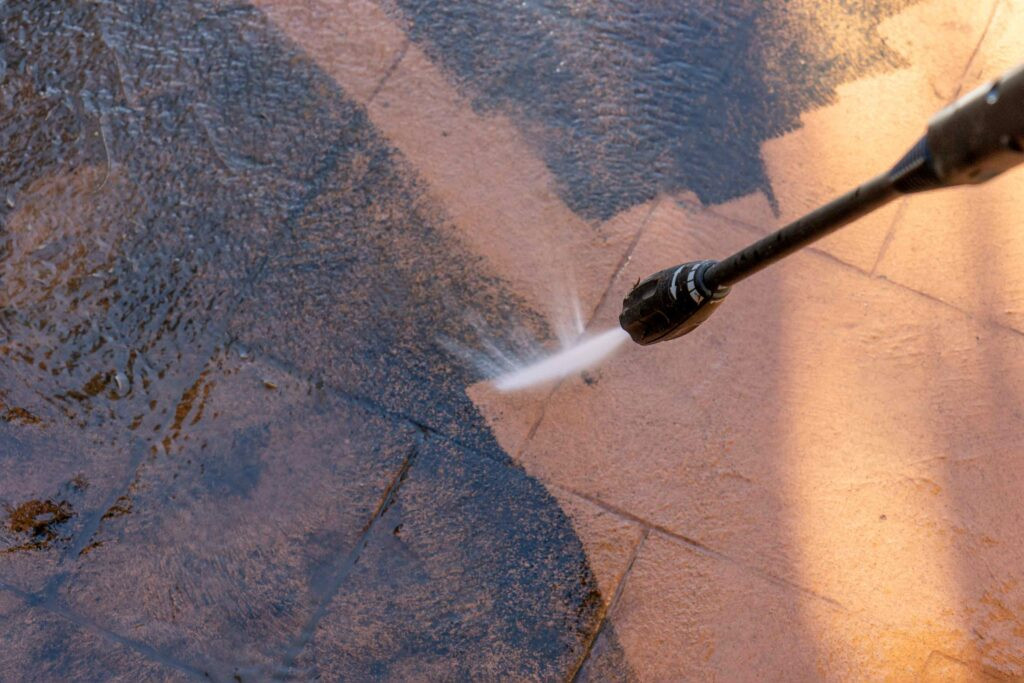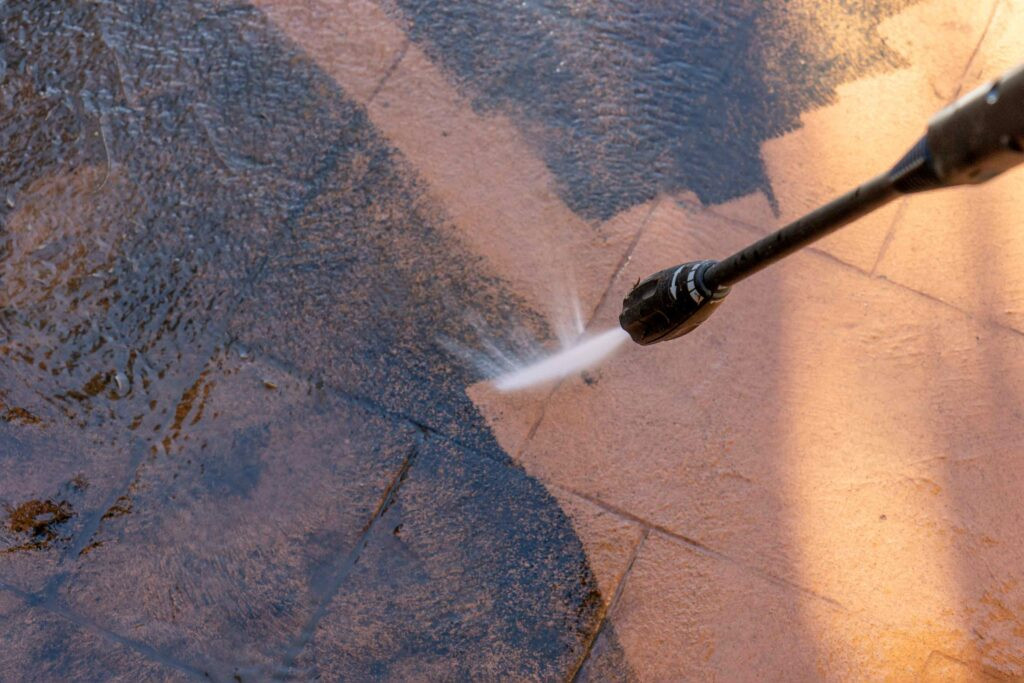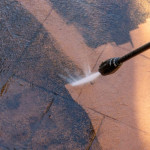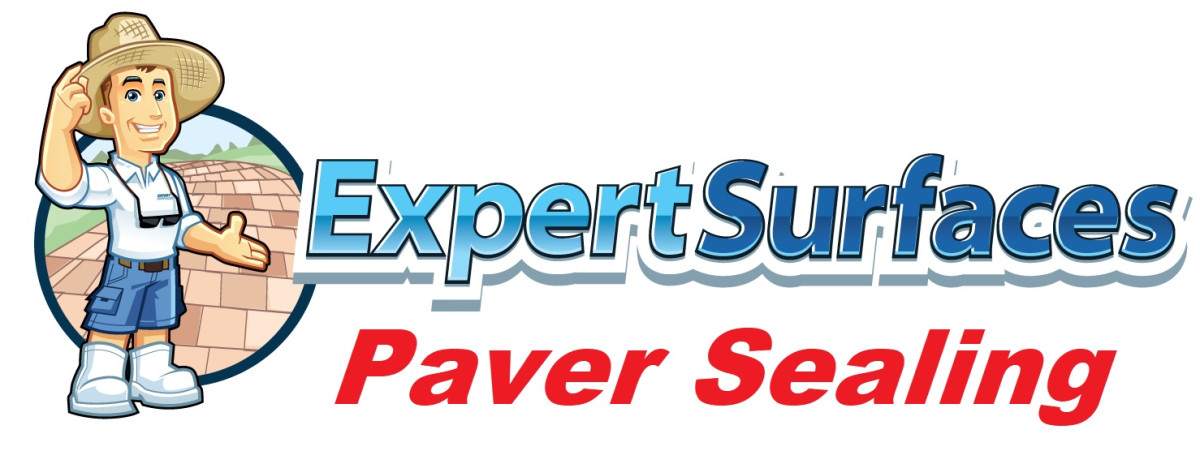Florida’s climate is hard on pavers. The sun fades the color, and the salt air and rain erode the surface. Thanks to the high humidity, algae, mold, and mildew compound this problem. In this guide, Expert Surfaces Paver Sealing goes over longevity tips for pavers and how to extend the lifespan of paver coatings.

Overview of Fort Lauderdale’s Climate Influence on Paver Sealing
Florida is known for its year-round sunny weather, but pavers constantly exposed to UV rays lose color, fade, and crack over time. The humidity also helps algae and mold to grow, and add in the above-average rainfall and the corrosive effects of salt air, and the exterior surfaces lose every time.
Unsealed pavers are more prone to staining, erosion, fading, and mildew, but quality paver coatings protect against these effects; the better the product, the better the protective capabilities.
Key Factors Affecting Sealer Longevity
When asking how long coatings will last, there are several factors to consider:
Product Quality
One of the top longevity tips for pavers is to seal them with one of the following types:
- Water-based: These are low VOC and more breathable, which makes them better for the Florida climate. Recoating is simple because homeowners can lay the new sealant over the top.
- Solvent-based: These last longer, but homeowners must strip them before sealing them again. If the surface is not completely dry before applying the coating, it will turn cloudy.
“People focus too much on how the coating looks,” says Mike Crimmins, owner of Expert Surfaces Paver Sealing. “What really matters is choosing a high-quality product and applying it the right way.”
Proper Surface Preparation and Application
Professionals start by fixing cracks and chips and getting rid of any dirt and debris. This removes anything that might stop the sealer from sticking to the surface.
Traffic and Usage
How much people use the surface changes how long the coating lasts. Homeowners will have to reseal driveways more often than patios, not only due to the weight of the cars but also the constant exposure to the elements and vehicle fluids.
Routine Maintenance
Keeping pavers clean helps sealers last longer. Most of the time, rinsing with plain water is enough, but mild, non-abrasive cleaners work for tougher spots. Signs it’s time to reseal include:
- A dull, faded appearance
- Water absorbing instead of beading on the surface
- Increased staining or mildew growth
Average Lifespan and Maintenance Guidelines
How long do sealers last?
Longevity Estimates
In Fort Lauderdale’s climate, a good sealer typically lasts three to five years. Homeowners can maximize lifespan by:
- Cleaning pavers regularly.
- Taking weed prevention steps.
- Keeping on top of stain removal.
- Regularly checking joint sanding.
- Checking for proper drainage.
Start Protecting Your Property Today!
For more insights on boosting curb appeal and protecting exterior surfaces in Fort Lauderdale, reach out to Expert Surfaces Paver Sealing. Call the team at 954-727-6809 to get more longevity tips for pavers.



